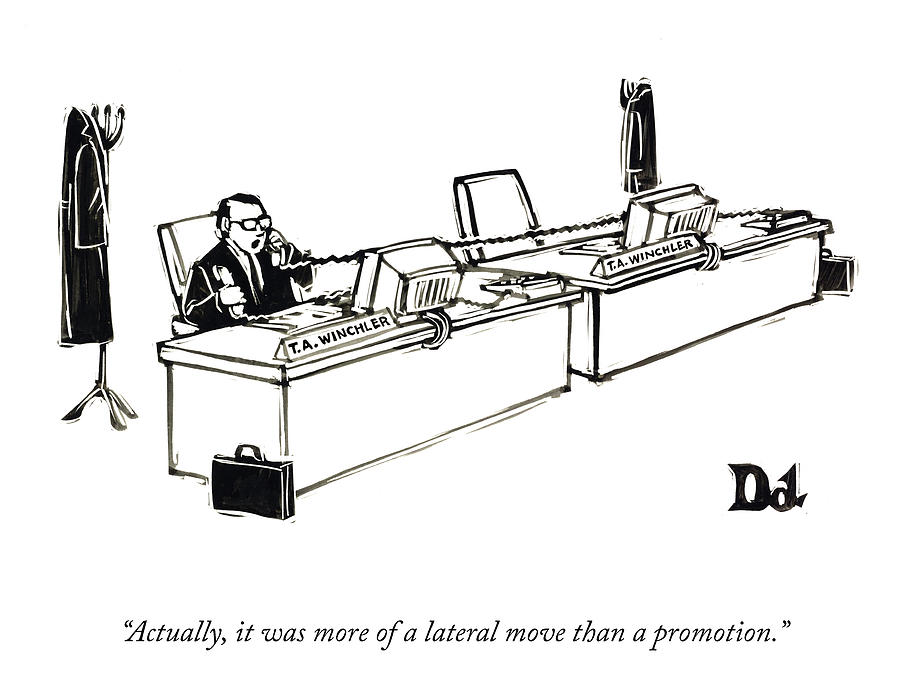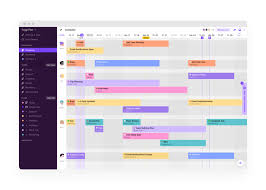
Starting the process of career planning is a self-assessment. After this, you should explore your career options. Individuals should research the market to determine which fields and industries are growing. Next, they will need to establish short-term or long-term goals. They can set immediate or long-term goals and choose the right path. There are many factors to take into consideration when planning.
Self-assessment
A self-assessment can be a great way to determine your talents and interests. Many people land in a career that doesn't interest them, so it's important to know what your interests are before you pursue a new career path. Interest assessment questions can help identify your strengths, and weaknesses. These questions will help you to decide if an occupation is right.

Information gathering
During the career planning process, the job seeker gathers information that will help them decide on their career path. There are over 31,000 different career options on the federal government list. Many students do not know anything about all of them. A computer program like MyPlan, paper and pencil assessments, career publications, and other sources can help them narrow down their career choices. In addition, they may get information from others.
List of career options
Career planning is an ongoing process that involves analyzing your values, personality, technical abilities, work-life balance, geographic preferences, and personal interests. Once you have compiled a list and ranked them according to their pros/cons, you can then rank them. This can lead to frustration and progress, but it is also critical to keep in mind that specific opportunities may vary widely within a career path. This is where you need to be careful.
Flexibility
Although organizations aren't immune to external forces they can often be a key site for wider norms and rules that are related to flexibility. Embarking on change is a powerful way of overcoming anxiety and fear while building a foundation to success. These are some tips to help you embrace change. Flexibility will make your life easier and you'll soon see the positive effects it has on your personal life. Next, you will learn how to use the power and flexibility of change to reach your career goals.

Goals
It is possible to achieve success in your chosen field. To get there, however, you need specific goals. Include educational, training, as well as occupational goals in your comprehensive list. Include any obstacles that may stand in your way of achieving your goals. These obstacles may be financial, educational, or vocational in nature. Some barriers may even be personal and include family obligations. So you know when to start taking action, you should create a timeline.